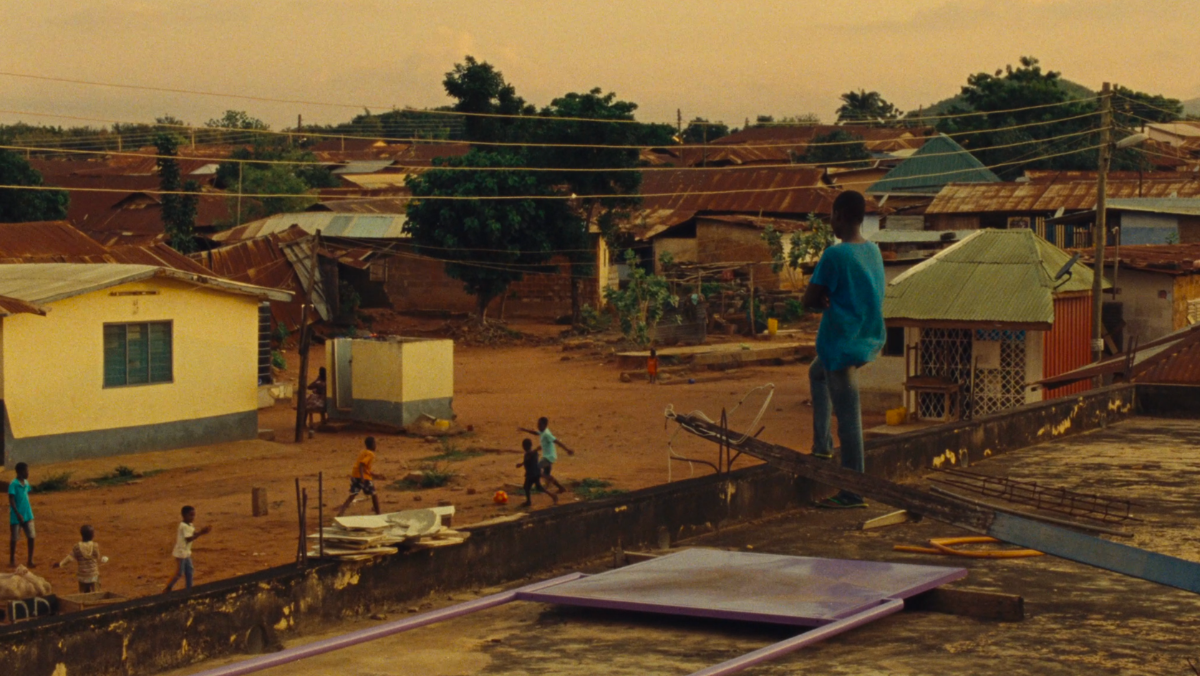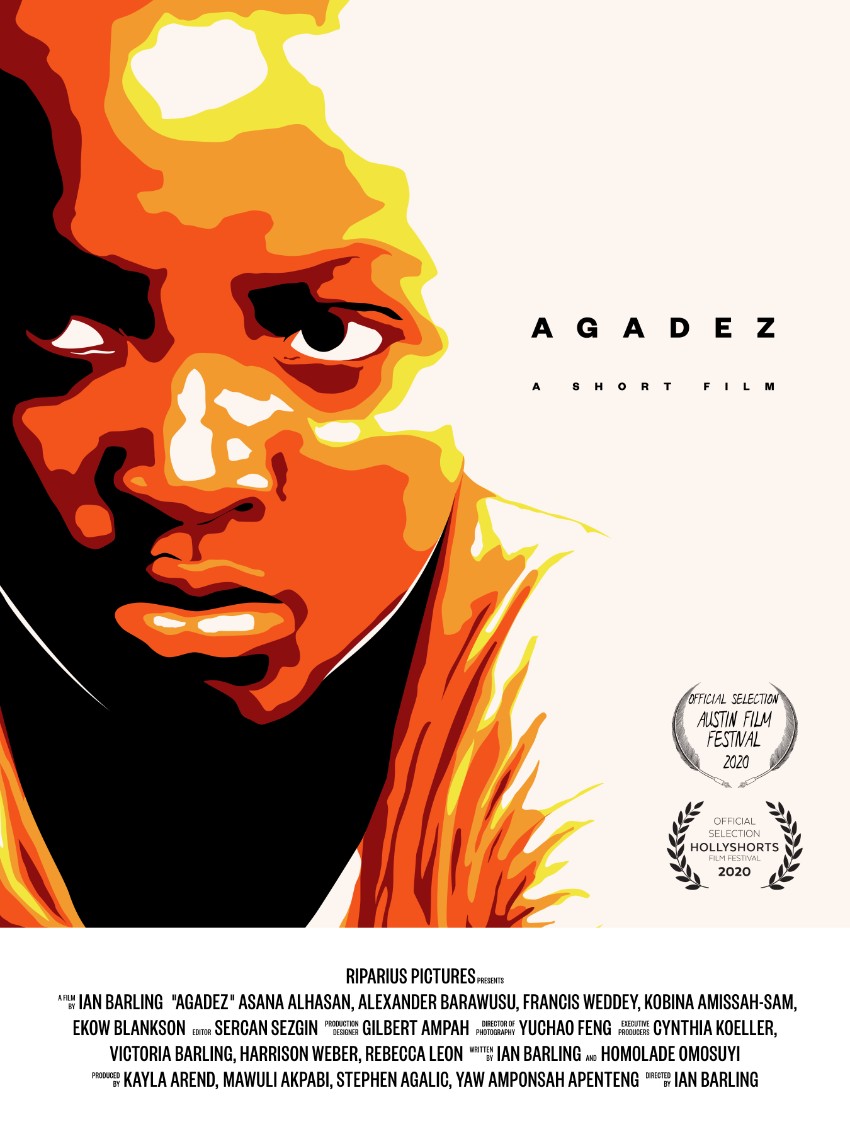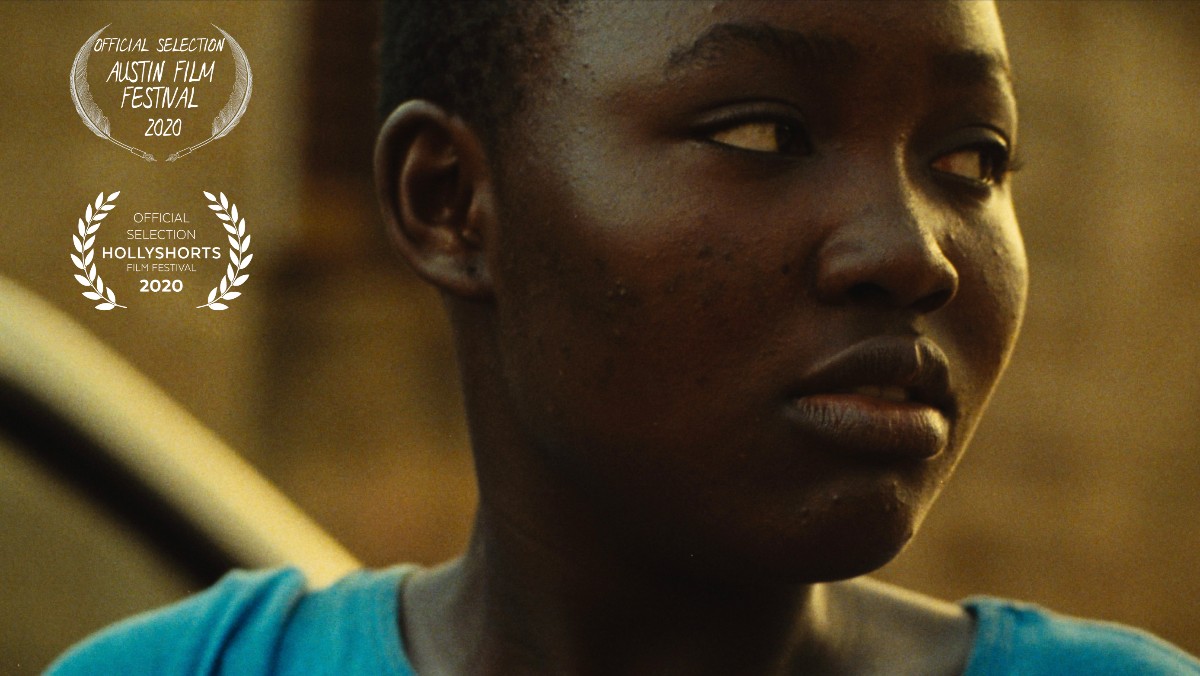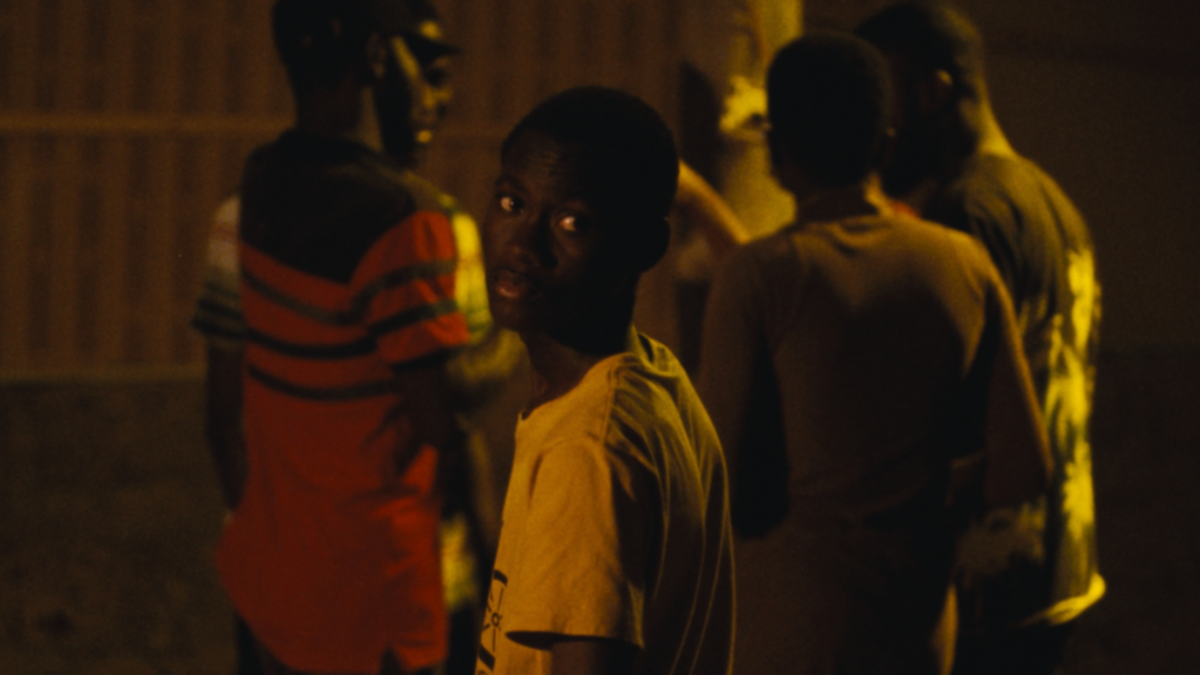
A Case Study
Narrative | Dramatic Features
Film Name: Agadez
Genre: Drama
Date: 1st June 2020
Director: Ian Barling
Producer: Mawuli Akpabi, Kayla Arend, Stephen Agalic
Writer: Ian Barling, Homolade Omosuyi
Cinematographer: Yuchao Feng
Production Company: Riparius Pictures
Budget: N/A
Financing: N/A
Shooting Format: S16mm Film
Screening Format: DCP
World Premiere: 2020 Austin Film Festival
Awards: N/A
Website: www.agadezfilm.com
indieactivity: What is your film about?
Ian Barling (IB): “Agadez” is the story of Samira and Bahar, teenage Ghanaian twins working in the human smuggling business in Niger the day before their own journey across the Sahara and into Libya. While a remarkable story is not an uncommon one in today’s migration crisis. According to the UN, 94% of the 2.5 billion people who will migrate to urban areas by 2050 will do so from the developing world, and the vast majority of them will have to pay for the journey themselves.
The Official Trailer for AGADEZ directed by Ian Barling
While most migrants are escaping some type of desperate situation, those working in the booming human smuggling industry are also often subject and responding to the volatilities – be they political, environmental, economic, or otherwise – of their home countries. This is not to say that everyone involved in the smuggling business is good or right; rather, it is a call to discover and acknowledge the countless shades of grey involved in attempting to contextualize people’s reasons for taking part in illegal migration.
As a filmmaker, it was my aim to use the medium not to only shed light on a distinct and neglected perspective of the migration issue (from within the smuggling industry itself), but also to humanize the crisis by depicting characters and scenarios in an intimate and authentic way. I sought to truthfully represent these siblings before the most important journey of their short lives, as they interact with people of various nationalities and occupations, in the hopes that the audience will empathize with them to an extent that no other medium can enable.
When the public tendency is to view the topical migration issue from afar and as a grand, sweeping phenomenon comprised of helpless victims and evil criminals, it is easy to forget that actual people, individuals with personalities, families, pasts, and aspirations – just like you and me – are the ones that make it up. The sooner we begin to acknowledge the commonalities between each other, the shared features of humanity that bind us all together, the sooner we can promote nuanced policy that considers those from the varying segments of the socioeconomic map.

My initial interest in the story began several years ago while I was living in Ghana. A Ghanaian friend told me of how he attempted, unsuccessfully, to travel to Europe illegally by crossing the Sahara and Mediterranean. He explained that only a fraction of people who take this trip are successful, and those who aren’t either returning on their own, are detained by authorities, or die in the attempt.
We often spoke about his migration story – why he wanted to leave Ghana in the first place, transportation routes, and the highs and lows of his trip. While I had read about illegal migration in the past, this man’s firsthand account, his personal story, which included the emotional and psychological toll that the trip took on him, affected me in a mighty way. What hit the hardest was the realization that he was only seeking the things in life many of us take for granted – health, peace, and security – but he had to risk his life for them. His story never left me, and since then my interest in the situation has only deepened. I’ve continued researching the African migration industry, which includes traveling to Agadez and Ghana to conduct interviews with various people involved with the business, such as smugglers, drivers, migrant housing owners, and passengers.
So, telling this story is important to me for several reasons. On one level, it’s an inspiring and cinematic personal account of human determination and ambition for a better life. But it also serves as an examination of the political approach of dealing with complex human rights issues with far-reaching, generalized, and arguably dispassionate political policy.

Tell us about the festival run, marketing and sales?
Ian Barling (IB): We were extremely excited to have our world premiere at the 2020 Austin Film Festival. Since then, we’ve screened at Hollyshorts Film Festival and the UN Global Migration Film Festival, and are currently in consideration for a number of other festivals around the world.
Give the full Official Synopsis for your film?
Ian Barling (IB): Samira and Bahar, teenage Ghanaian siblings, have worked in the illegal human smuggling business in Agadez, Niger, for several months. Days before their passage across the Sahara, the siblings must weigh their ambitions for a better life against the perilous journey ahead.
Development & Financing?
Ian Barling (IB): After much research, which included traveling to Ghana and Niger, I wrote the screenplay along with Homolade Omosuyi, who was a migrant on the journey herself at that time. As is usually the case, the screenplay was altered throughout the pre-production process to accommodate new information and stories related to the mass migration that we acquired, as well as casting decisions.
Production?
IB: We spent several months in pre-production, a time during which I traveled to Ghana to secure cast, crew, locations, etc, and Niger, to interview dozens of people working in varying aspects of the human smuggling industry. Filming took place over eight days in August 2018, and the post-production process turned out to be quite involved, as the edit (done by Sercan Sezgin and myself) underwent several significant structural changes in our attempt to create the most engaging, streamlined story possible. The sound design was done by Eli Cohn and his team at Nocturnal Sound in Brooklyn, NY. Elie Akoka, of United Post Production in France, completed the color grade. And Joseph Trapanese created the score.

Festival Preparation & Strategy?
IB: In all honesty, our strategy was simply to submit the film to all major festivals. Austin Film Festival was the first to add it to their lineup, which we were, and still are, very happy about. It’s a wonderful festival, full of passionate and caring artists and facilitators.
The Release?
IB: We have not yet released the film, but plan to do so in Europe with Origine Films.
Advice from the Filmmaker?
IB: To other filmmakers? Well, one thing I’ve internalized in my study of filmmaking is the need to seek the truth when creating a work. No single idea, topic, or subject is inherently more valuable than another. To create the story you want to create. But we, as artists, especially during this turbulent time, do have a responsibility to represent people, places, and things truthfully. Misrepresentation, in my opinion, often adds fuel to the fire of intolerance.
Tell us what you think of the Case Study for AGADEZ What do you think of it? Let’s have your comments below and/or on Facebook or Instagram! Or join me on Twitter.
Follow Ian Barling on Social Media
Website
IMDb
LinkedIn
Facebook
Instagram
Vimeo
MORE STORIES FOR YOU









